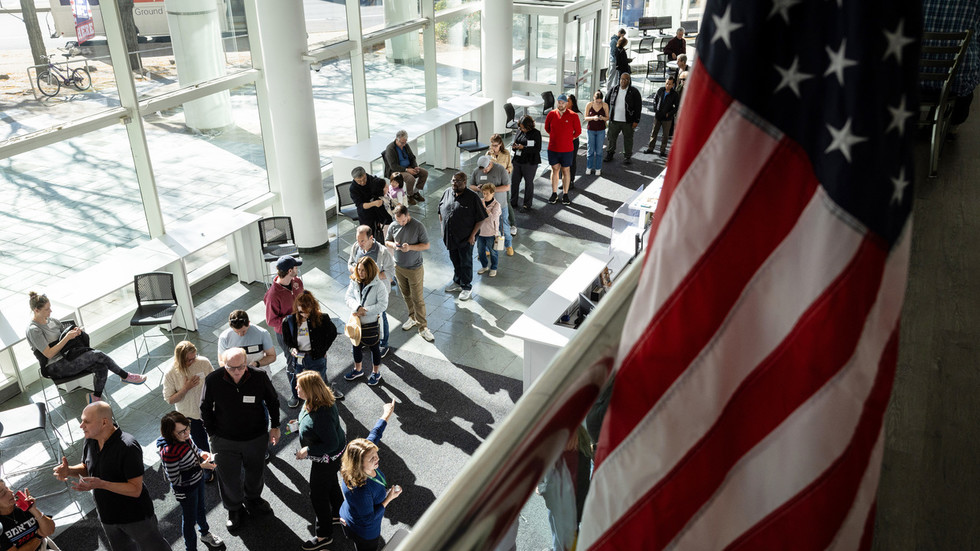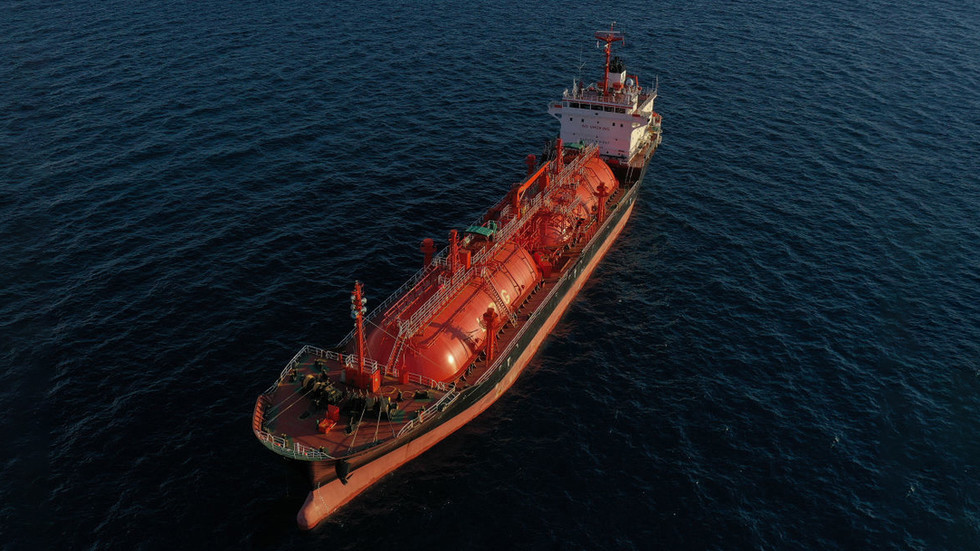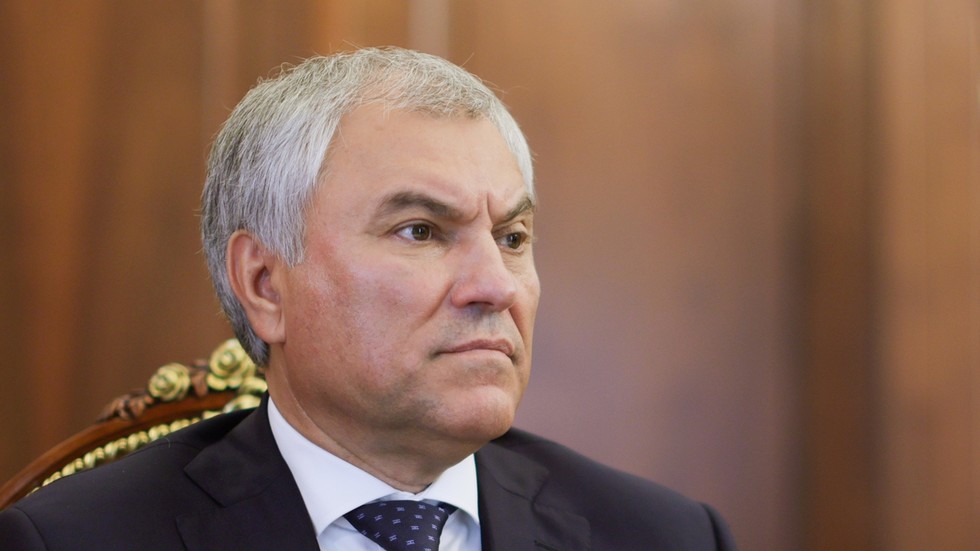French President Emmanuel Macron will visit his German counterpart Frank-Walter Steinmeier in Berlin on Sunday in what is seen as the highest level of diplomatic courtesy gestures.
France's Emmanuel Macron will make a state visit to Germany this Sunday — the first trip of its kind by a French president in 24 years.
Although President Macron regularly travels to Berlin to meet with Chancellor Olaf Scholz, a state visit can only be extended by his German counterpart, Frank-Walter Steinmeier.
The goal of this visit is to mark "the permanence and depth of the Franco-German bond."
Research fellow at the Committee for Franco-German Relations (Cerfa), Jeanette Süẞ, says the point of the visit is to "find points of convergence between France and Germany on subjects of the future like technology, innovation, artificial intelligence." Democracy and youth will also be high on the agenda.
Süẞ underlined that the visit that efforts have been made "on both sides to revitalise the Franco-German relationship, which hasn't always been at its best." She said nuclear power "remains a thorny issue between the two countries."
Germany shut down its last nuclear power plant in 2023, standing in stark contrast to France, which relies on nuclear energy to meet 70% of its power needs.
"In Berlin, there will also be an important aspect on democracy and that also means countering the far-right which is currently rising in these upcoming EU elections," Süẞ added.
Macron to receive a grand tour
The French president will visit Berlin, Dresden, and Münster. The two presidents will also celebrate the 75th anniversary of the German constitution and visit the Holocaust Memorial.
The state visit will be followed by a Franco-German council of ministers alongside Chancellor Scholz on Tuesday evening.
Macron originally planned to visit Germany in July last year but had to cancel at the last minute due to riots in France.
Some Berliners see this Sunday's state visit as a positive effort.
German painter and writer Wolfram Wickert said he supported Macron and liked his policies, but "the only thing I don't want is for him to defend airspace in Ukraine or send ground troops."
Whilst Macron has not ruled out sending ground troops to Ukraine, Scholz has made it clear that sending European or NATO boots to Ukraine would cross a red line for Germany.
The visit comes at a tense time for the two European countries, with polls suggesting Eurosceptic parties could gain majorities in the upcoming EU elections. Both countries will be focused on demonstrating a unified European force.

 5 months ago
27
5 months ago
27









